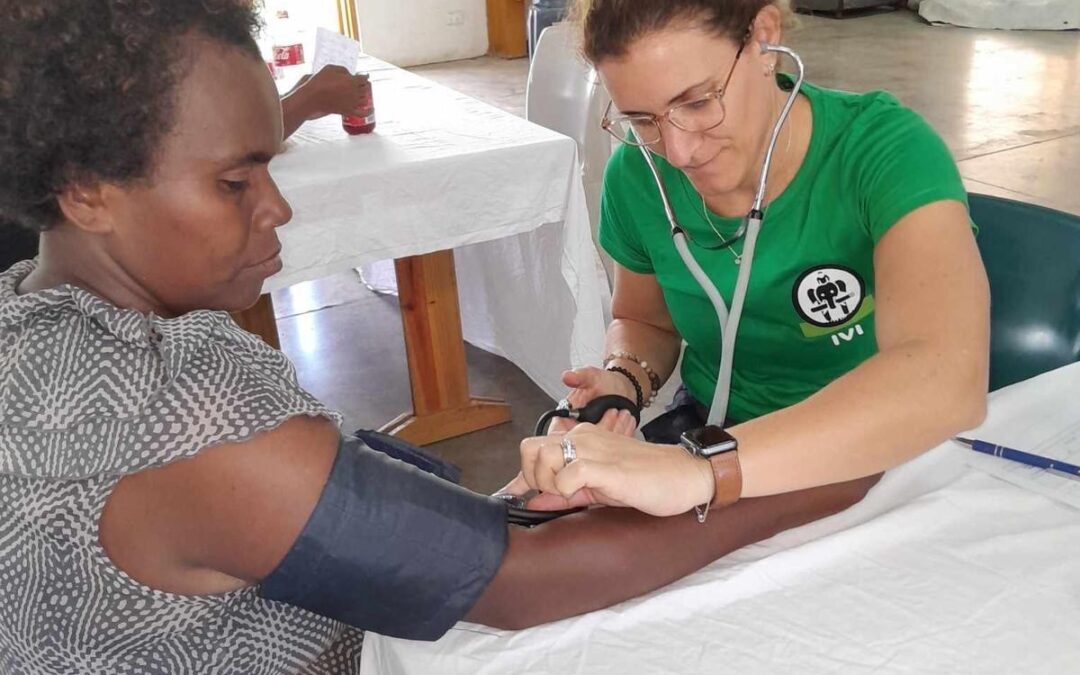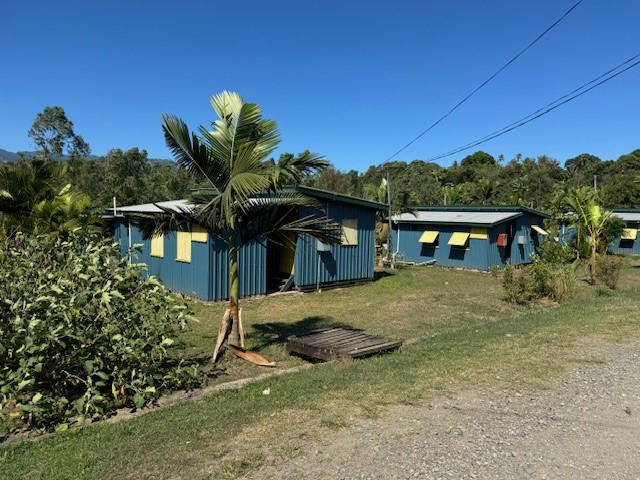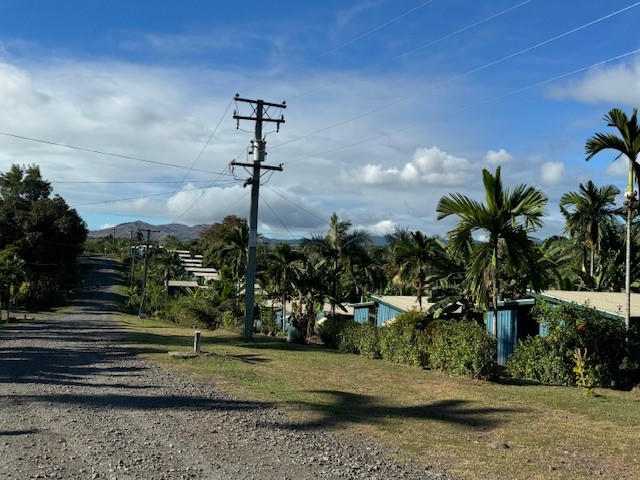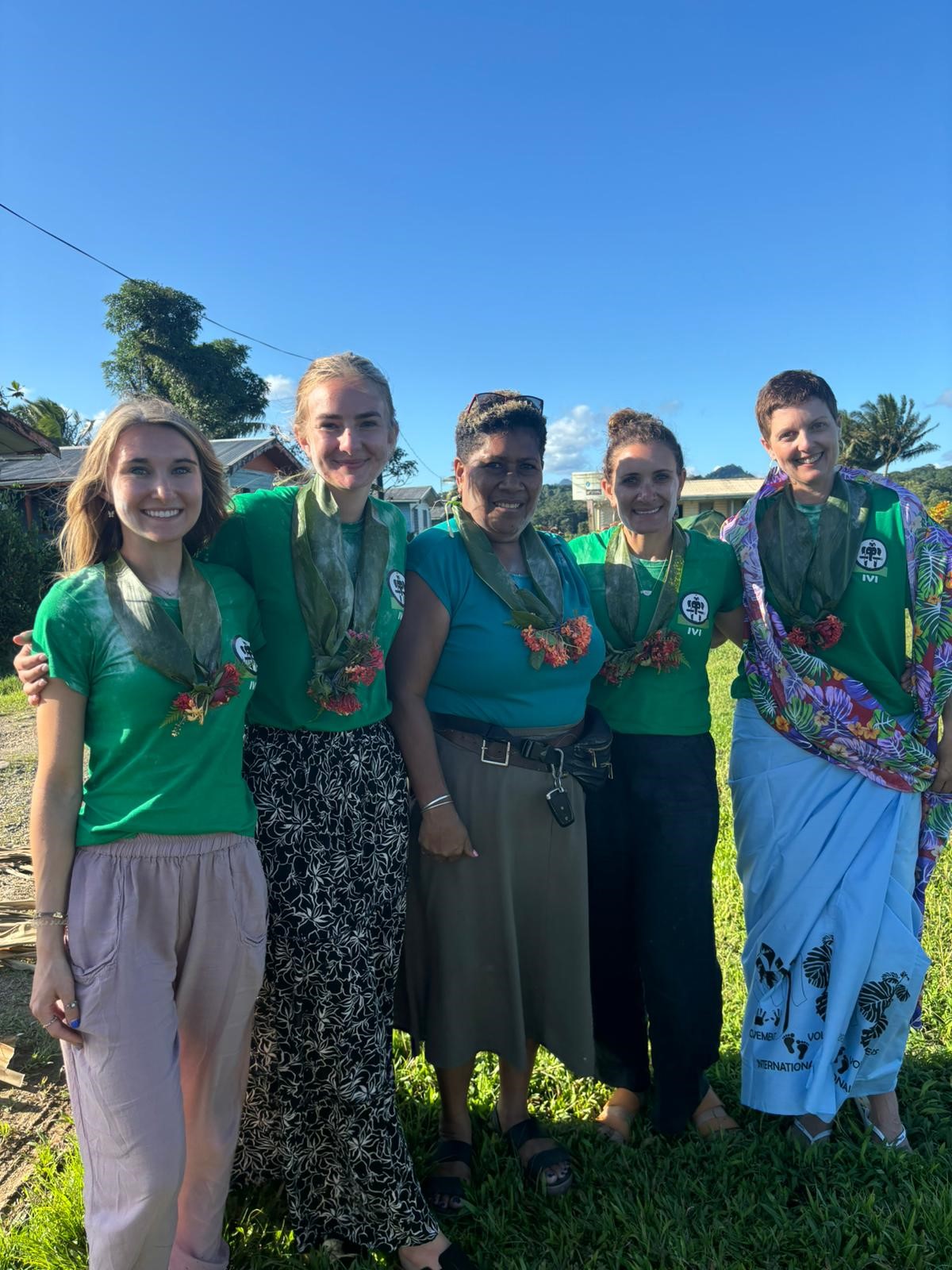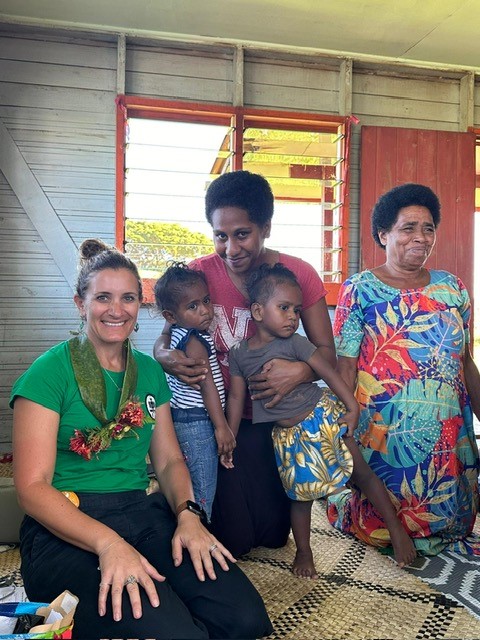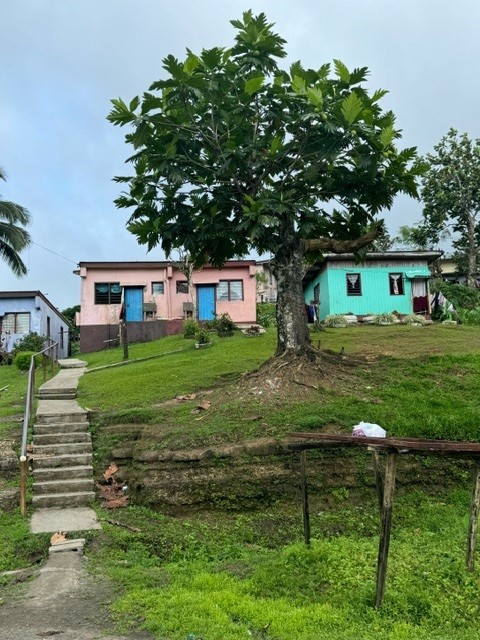You may have seen that I recently spent a few weeks in Fiji, and no it wasn’t for a holiday (although it was a beautiful place to visit).
The real reason I went was to volunteer with Involvement Volunteers International (IVI) and provide assistance with a team of other specialists in their field to manage the obesity and health crisis in Fiji. At each village we visited, we performed health checks on the residents. This included a physical assessment of height, weight, waist and hip circumference, BMI, blood glucose checks and blood pressure measurements.
At times, we referred clients straight to hospital for further medical intervention due to elevated results, that if left untreated, may have led to more serious negative outcomes. For perspective, the highest Blood pressure reading recorded was 210/120 (120/80 is considered perfect) and blood glucose levels over 15 were common, the highest being 26.3! (random readings in Australia should be under 8). Education on diet and healthy lifestyle practices were also provided, as well as basic health assessments for other comorbidities and illnesses.
My team spent the first week of our placement in Koroipita – a small village built and founded by Peter Drysdale, in 1985, after 2 cyclones, Eric and Nigel battered the western parts of Fiji’s main island, Viti Levu. Thousands were left homeless in the Lautoka and Ba areas. Peter’s vision was “to eliminate sub-human living conditions in west Viti Levu by providing basic cyclone-safe homes, clean water and living essentials.” Since its inception over 300 cyclone proof homes have been built, with plans to increase this to 386 homes. This has the ability to hold over 1700 residents, who would have otherwise been homeless and squatting.
By providing homes and shelter for the needy, this has improved not only their quality of life, but also had a profound effect on their health and wellness, providing the Fijians with fresh water and amenities, and a roof over their heads.
Week 2 saw us moving around to various HART (Housing Assistance Relief Trust) villages around the capital of Suva. HART Communities are targeted at providing housing assistance for those vulnerable families who may be affected by domestic violence, and single mothers. There are over 800 families currently being housed in HART villages in the Central, West and Northern divisions. One of the most touching experiences was that of the village Navua. This particular village hadn’t seen foreigners since pre-COVID, and we were very welcomed into their community. A big celebration of food, song and dance ended a memorable visit.
We also visited the villages of Korovou, Nadera, Newtown and the beautiful Moala village, to finish the final week.
Let’s talk about the link between poverty and poor nutrition.
Overall, poverty affects health by limiting access to proper nutrition and healthy foods, shelter, safety, learning, working, clean air and water, electricity and other utilities and elements that define an individual’s standard of living.
On the 16th of February 2024 – Fiji’s Ministry of Health and Medical Services (MHMS), together with UNICEF, called for the vital need to strengthen the multisectoral action to combat the triple burden of malnutrition facing the country – the co-existence of undernutrition, micronutrient deficiencies as well as overweight and obesity.
“Currently NCDs such as diabetes and obesity-related illnesses are the leading causes of death and disability in Fiji with health care costs recorded at $591million in 2019.”
“Good nutrition is a critical preventive factor for NCDs,” he added.
Noncommunicable diseases (NCDs) are conditions such as heart disease, cancer, chronic respiratory disease, and diabetes.
Over 250,000 people remain trapped below the poverty line in Fiji. Rural and remote island communities are particularly vulnerable, due to lack of access to clean water, sanitation, health care, and other government services.
If there were 3 things I would take away from my experience this trip, they would be:
- Be grateful for the easy accessibility to medical support when needed – we really do have great support and resources available to keep us well in Australia!
- Embrace community- these guys know and practice “it takes a village to raise a child” to a tee. We certainly could adopt more of this culture to relieve the burden we put on ourselves by asking for help more often, without feeling judged or like we are failing.
- Slow down! Fiji time really is a thing! There is a calmness that the Fijians take into their everyday lives. Despite having little and often fighting adversity, they are the most relaxed and grateful people.
I look forward to being able to revisit Fiji again to help more communities improve their health, and hope that the education we provided has already had an impact for the generations to come.
Amanda Martindale | Integrative holistic nutritionist

